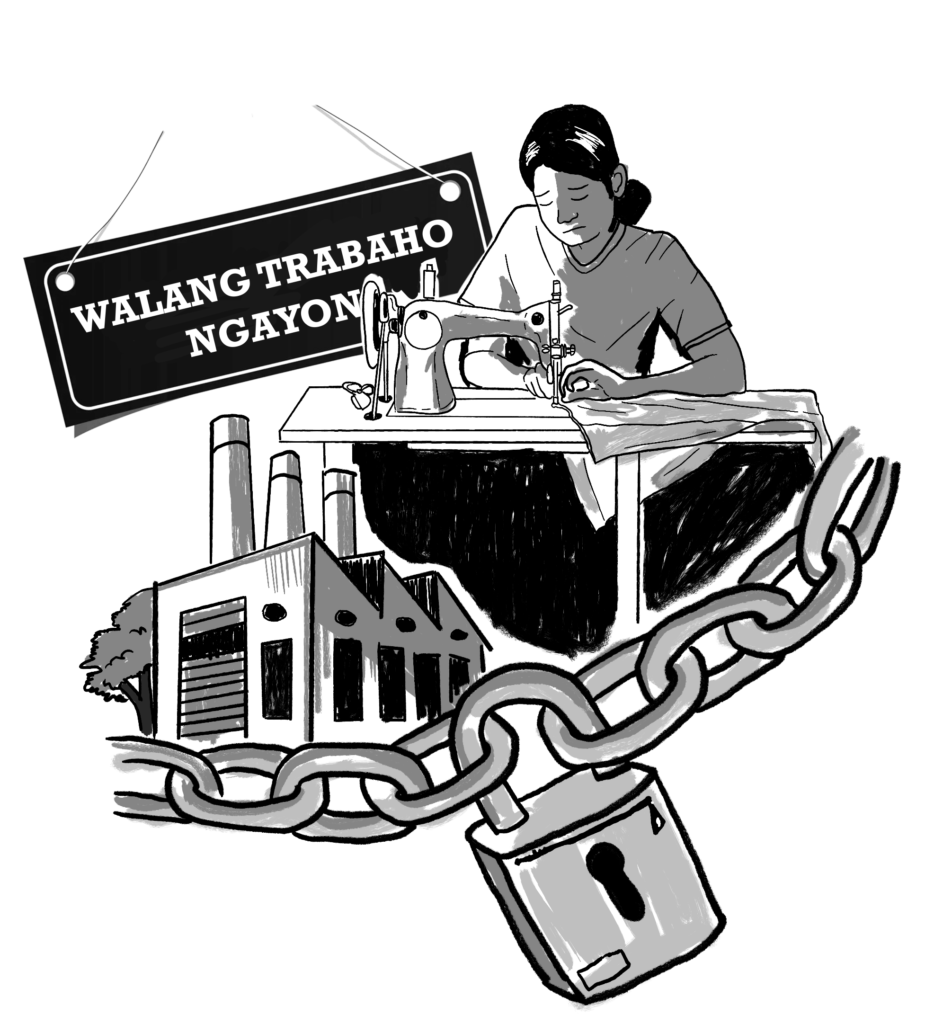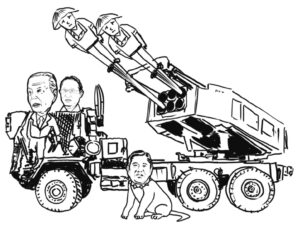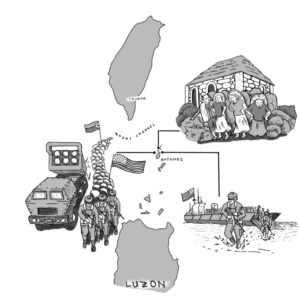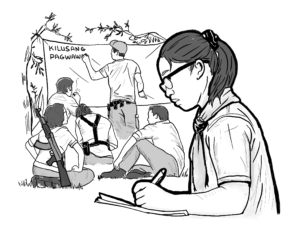Schemes to illegally dismiss workers


Forced leave, floating status, furlough, on-call basis—these are just a few of the capitalists’ various flexible labor schemes that allow the widespread illegal dismissal of workers. In these provisions, the capitalist reduces the worker’s shift by one day to six months. Enforced leaves may be partially paid, but workers generally do not receive wages for these days or months.
Such flexible provisions are part of neoliberal labor policy. As early as 1985 the state allowed capitalists to deliberately reduce regular working days on the pretext of “salvaging business.” They only need to report that orders or projects are slow or insufficient to be authorized to suspend work.
The law states that these provisions should be temporary, but earning no wages for months, many workers are forced to resign to find other sources of income. Their resignation allows capitalists to circumvent its responsibility to provide benefits such as severance pay and avoid the issue of illegal lockout or factory closure. This provision also hides the reality that thousands of workers categorized as employed are in fact, unemployed.
These provisions intensified during the pandemic when many companies suspended or reduced their operations. Capitalists took advantage of the crisis and pushed for the extension of the reduction of working days for up to a year. This scheme has become rampant in business process outsourcing (BPO or call centers), apparel, electronics and information technology industries. In the BPO sector alone, 4 out of every 10 workers are placed on “floating status” without pay. Many of them were never reinstated.
When the economy was “reopened”, the capitalists used the pretext of a lack of “orders” or project slowdown to temporarily or permanently lay off workers. This includes thousands of factory workers in Mactan Export Processing Zone that were placed on floating status before they were completely laid off in 2022-2023.
In Laguna this April, Nexperia Philippines subjected 54 workers to “temporary termination” for the next six months. An additional 72 will be placed in the same status in September. This maneuver is the latest in a series of layoffs at the factory on the pretext that the company’s production has “slowed down”.
In Pampanga, 1,000 factory workers of Luen Thai Philippines, a company that manufactures expensive bags, were put on forced leave with no wages from January to March. To avoid liability, the capitalist declared that factory production has decreased despite maintaining the existing level of production.
To make up for the lost time, the capitalist raised the quota of remaining workers to 130-180 handbags per day. Those who do not meet the quota are also threatened to go on forced leave. The capitalist gave no guarantee that those subjected to this scheme would be reinstated.
In Bataan, workers of Universal Weavers Corporation, a medical equipment and clothing factory, have been on “forced leave” for over a year. The company’s pretext is that it no longer receives “production requests and order” and, thus, claims it no longer needs workers in the factory.
The workers believe that the company receives orders but prefers to bring production to Cambodia, where wages are lower and can be pushed down even more. The company also avoids its responsibility to pay their 13th month benefits and others.
The management even asked them to sign a waiver stipulating that it agrees that workers can look for other jobs while they are on forced leave. This runs counter to the law prohibiting such a step. In effect, it allows the capitalist to expunge the workers’ years of service and legally fire them from the factory without getting separation pay.












